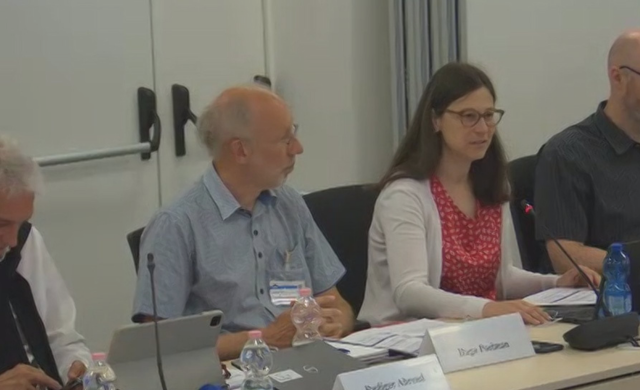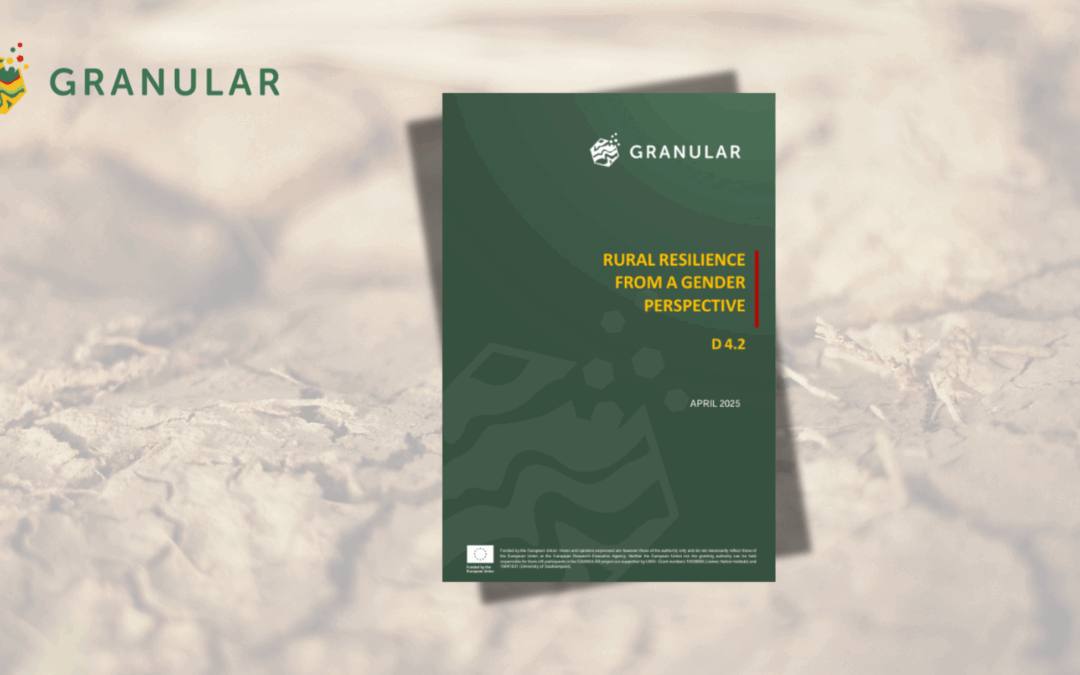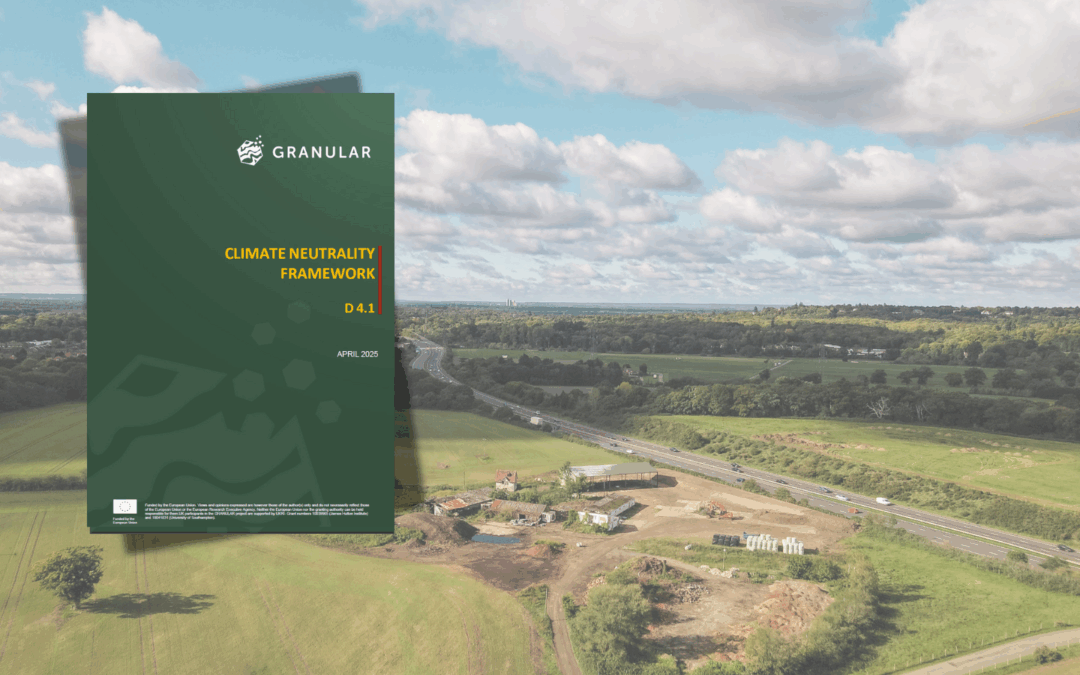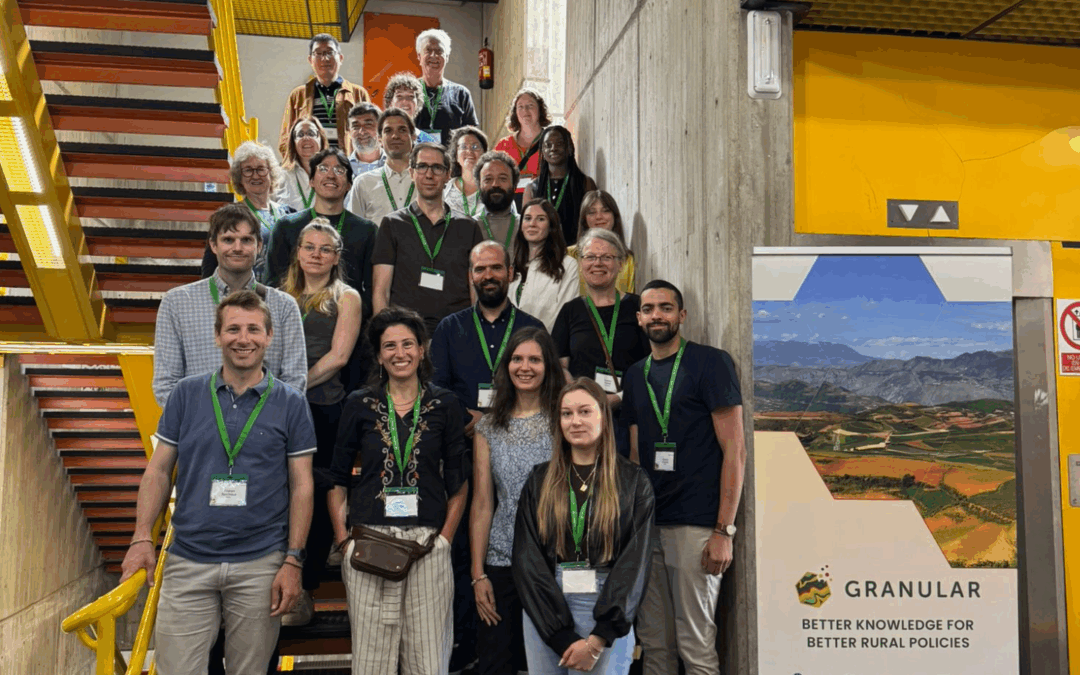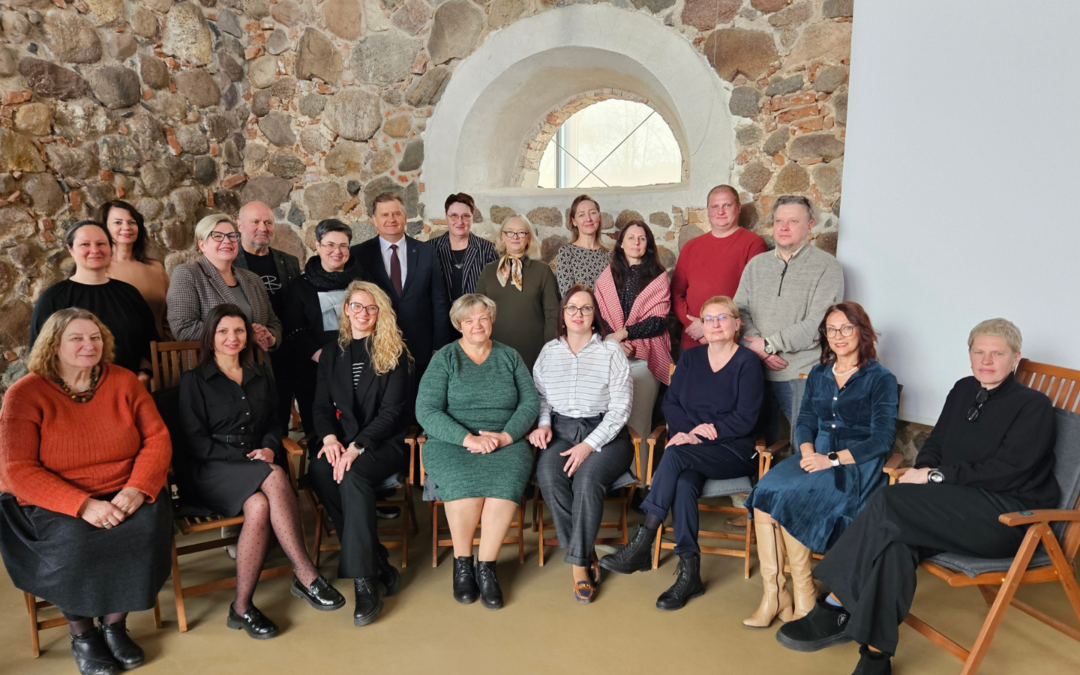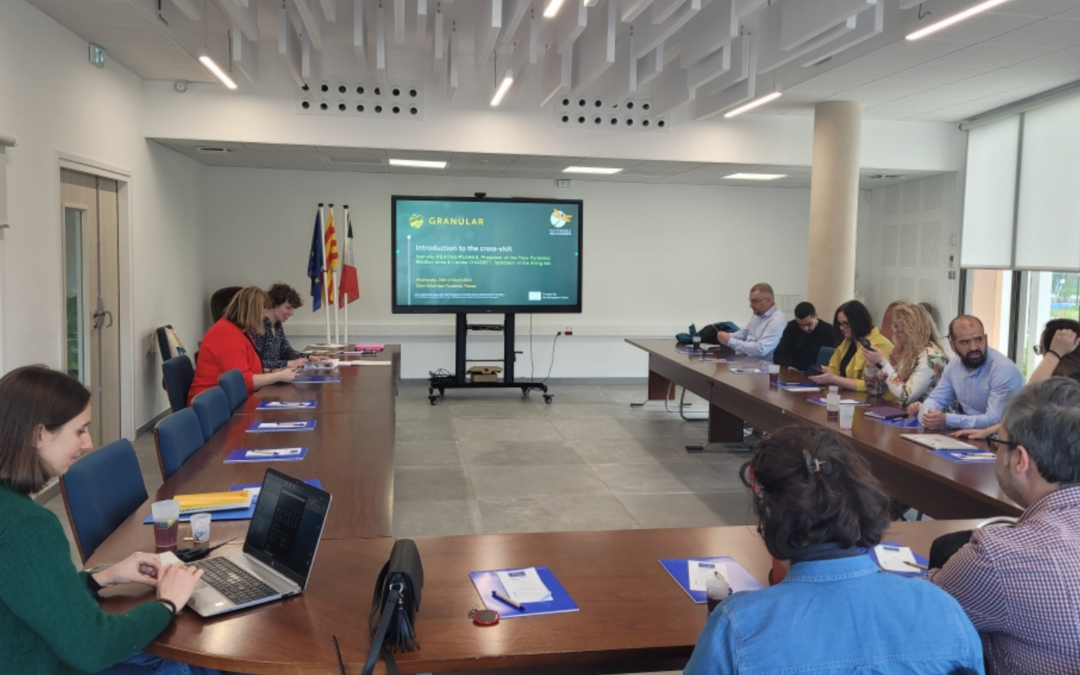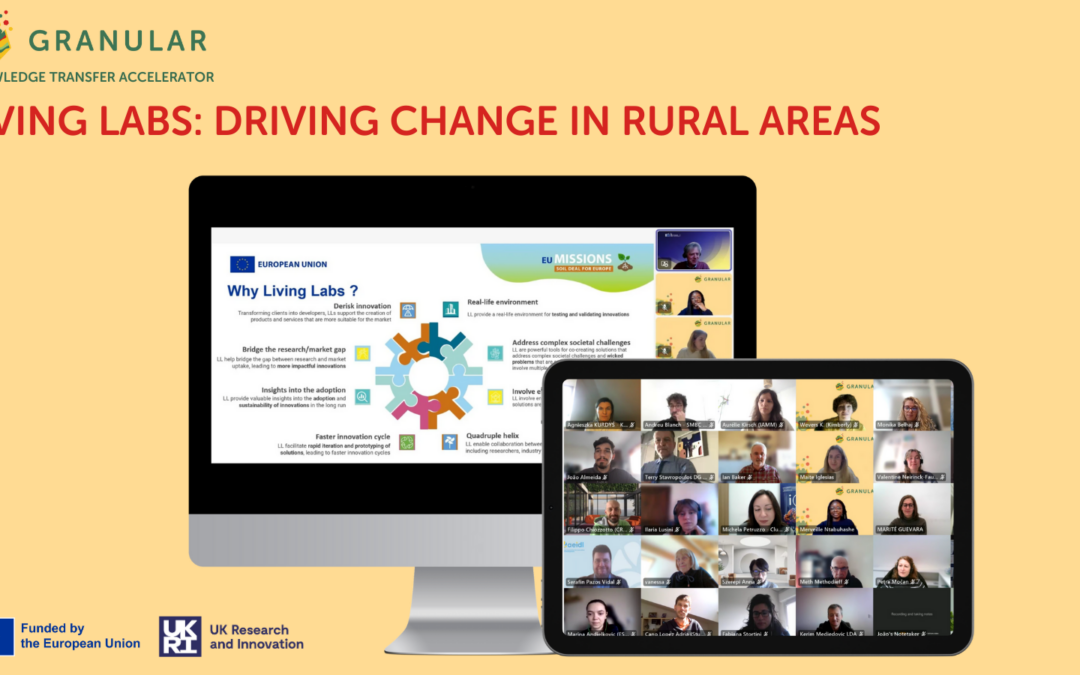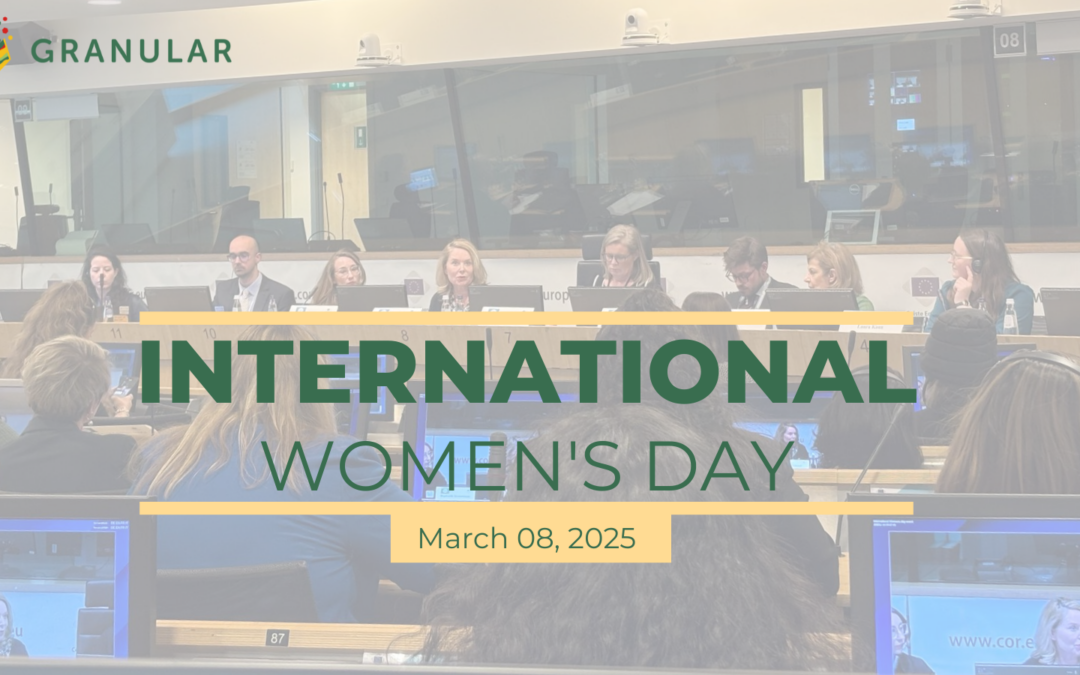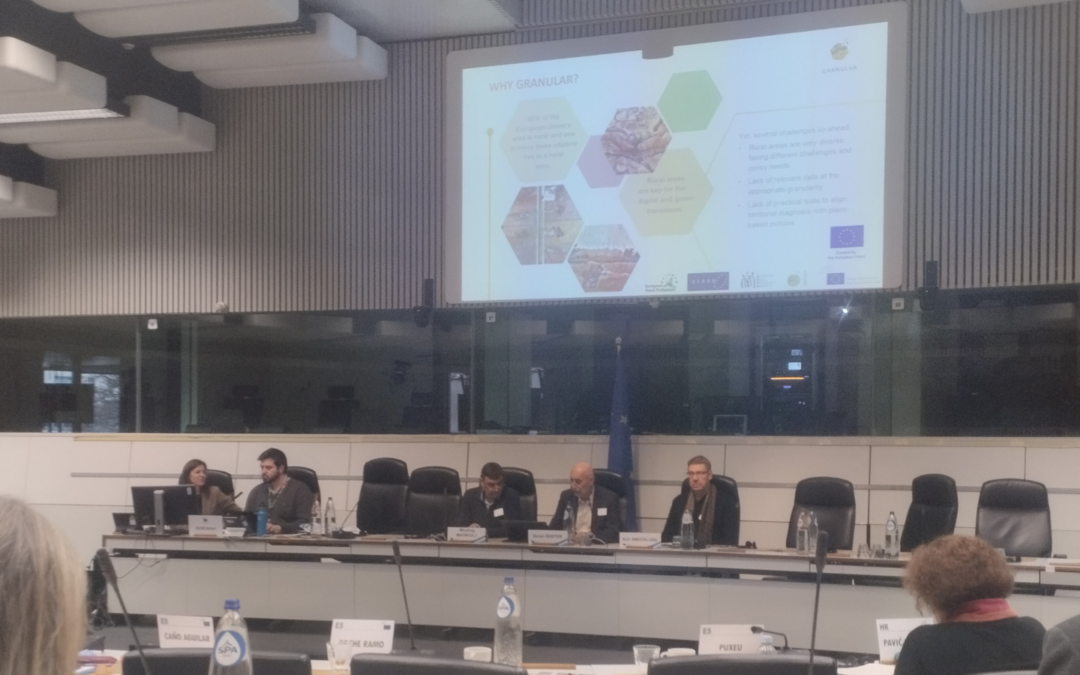Author: Serafin Pazos-Vidal (AEIDL)
On June 26, the OECD hosted an open seminar on access to basic services in rural areas, which was attended by GRANULAR partner AEIDL and other key stakeholders.
Together with representatives from the EU Joint Research Centre and similar research organisations from across the EU and North America, the meeting was an opportunity to present the study “Getting to Services in Towns and Villages: Preparing Regions for Demographic Change“.
Although summer has already arrived at OECD, there was still time for a seminar on the degree of urbanisation (DEGURBA) and the launch of the report ‘Getting to Services in Towns and Villages: Preparing regions for demographic change’. Our GRANULAR project focuses on improving local data.
The study finds that across the world, people’s daily activities centre around clusters of population and economic activity. Settlements – whether cities, towns or villages – provide jobs and access to services for their own residents and others nearby. The quality of access to those services is key to promoting vibrant, inclusive and happier communities.
However, access is not always uniformly distributed within countries, with metropolitan areas typically outperforming rural areas. This report looks at the interaction between geography and access to services. It considers three main factors: (1) The size of settlements; (2) Accessibility – the travel time associated with accessing settlements via car and public transport modes; and (3) Services – public and private services that are available and accessible across a variety of domains including health, finance and education.
According to the study, numerous policy interventions hinge on improving service accessibility. Understanding the complex interactions between geography, transportation infrastructure, and service provision is essential for regional development policies and in particular for those regions facing population decline.
The research findings on rural functionalities and availability of rural data, also a key issue for GRANULAR as well as cross-country comparisons by degree of urbanisation hold tremendous value for policy. Differences across regions and countries can inform policy makers about which services are provided locally or supra-locally, affecting investments in services and land-use decisions from the public and private sectors. The efficient organisation of services and transport links across settlements – cities, towns and villages – can help meet net-zero goals and promote access to services for everyone.
